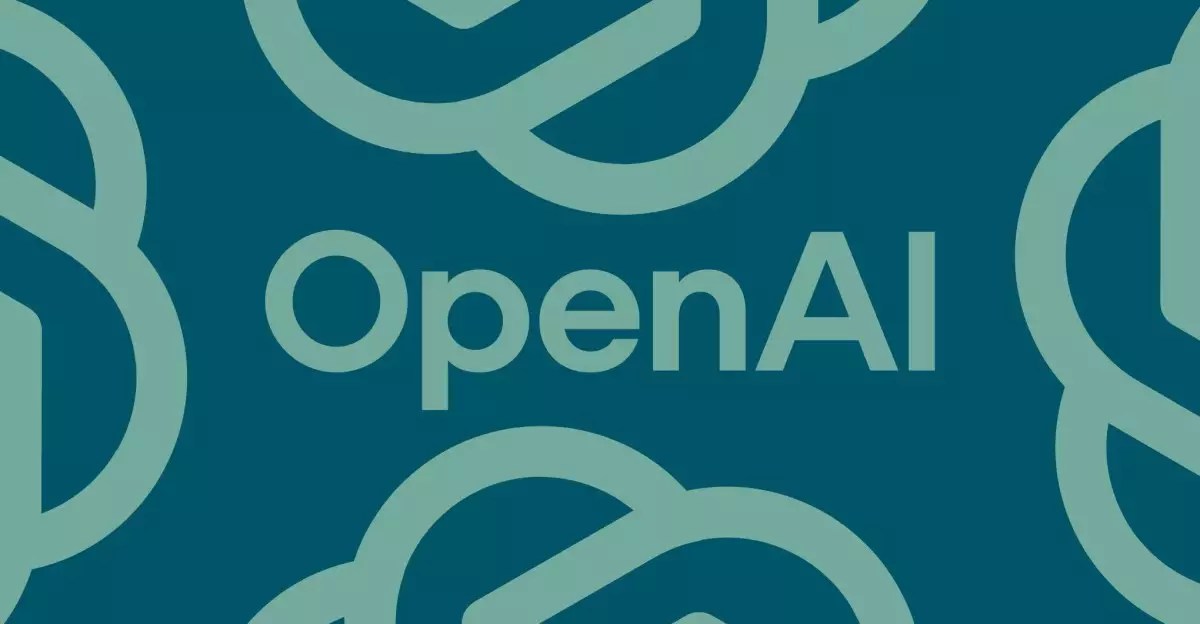In the awkwardly tangled web of modern technology, where innovation races ahead while ethical considerations lag, the dispute between OpenAI and Elon Musk serves as a vivid example of the challenges faced in the tech arena. The recent legal skirmishes have illuminated the great divide not just in personal interests but also in visions of future technology. Musk’s initial affiliation with OpenAI, which he co-founded with the noblest intentions of advancing artificial general intelligence (AGI) for humanity’s benefit, seems to have devolved into a battle that pit his ambitions against the very organization he helped to create.
OpenAI’s Legal Standpoint
OpenAI filed a countersuit asserting that Musk’s actions are underpinned by bad faith tactics aimed at stalling their progress. They accuse him of launching frivolous attacks, the latest of which includes a dubious takeover attempt, designed to disrupt their trajectory in pioneering artificial intelligence. It’s a bold stance, showcasing how tensions have escalated to a point where legal avenues appear to be the only remaining recourse. The language in the lawsuit is particularly stark, arguing that Musk’s endeavors not only hinder OpenAI’s progress but also threaten the broader aim of responsible AI development.
The Paradox of Profit and Purpose
Musk’s vision of AGI was infused with altruistic zeal, contrasting sharply with OpenAI’s pathway, which some perceive as increasingly driven by commercial interests. After initially expressing concerns that the organization was straying from its ethical objectives, Musk has frequently claimed that OpenAI’s focus on profitability risks compromising its foundational ethos. This escalating discord raises questions about the legitimacy of profit-focused ventures in the high-stakes arena of AI development. Does the pursuit of profitability inherently overshadow the mission to promote human welfare?
Legal Tactics and Implications
Musk’s legal maneuvers—dropping a lawsuit only to file another—are perplexing. Critics have described his initial case against OpenAI as “hilariously bad,” and this feedback serves as a reminder of how the tech industry often finds itself in battles that entertain more than elucidate. The implications of these ongoing conflicts are significant, threatening to create a chilling effect on future collaborations in AI research. If innovators feel that their work could be derailed by feuds among high-profile figures, it may stifle the very spirit of cooperation that is essential for responsibly navigating the complexities of AI technology.
The Road Ahead
With the trial not slated to occur until spring 2026, the tech world must navigate these murky waters while grappling with overarching ethical considerations. The showdown between OpenAI and Musk is not merely a legal dispute; it is emblematic of a broader struggle over the trajectory of AI itself, the moral responsibilities accompanying its development, and the role of individual egos in shaping future innovations. As more stakeholders engage in AI’s evolution, the coming years will reveal whether this conflict will serve as a cautionary tale or a clarion call for responsible stewardship in technological innovation.


Leave a Reply